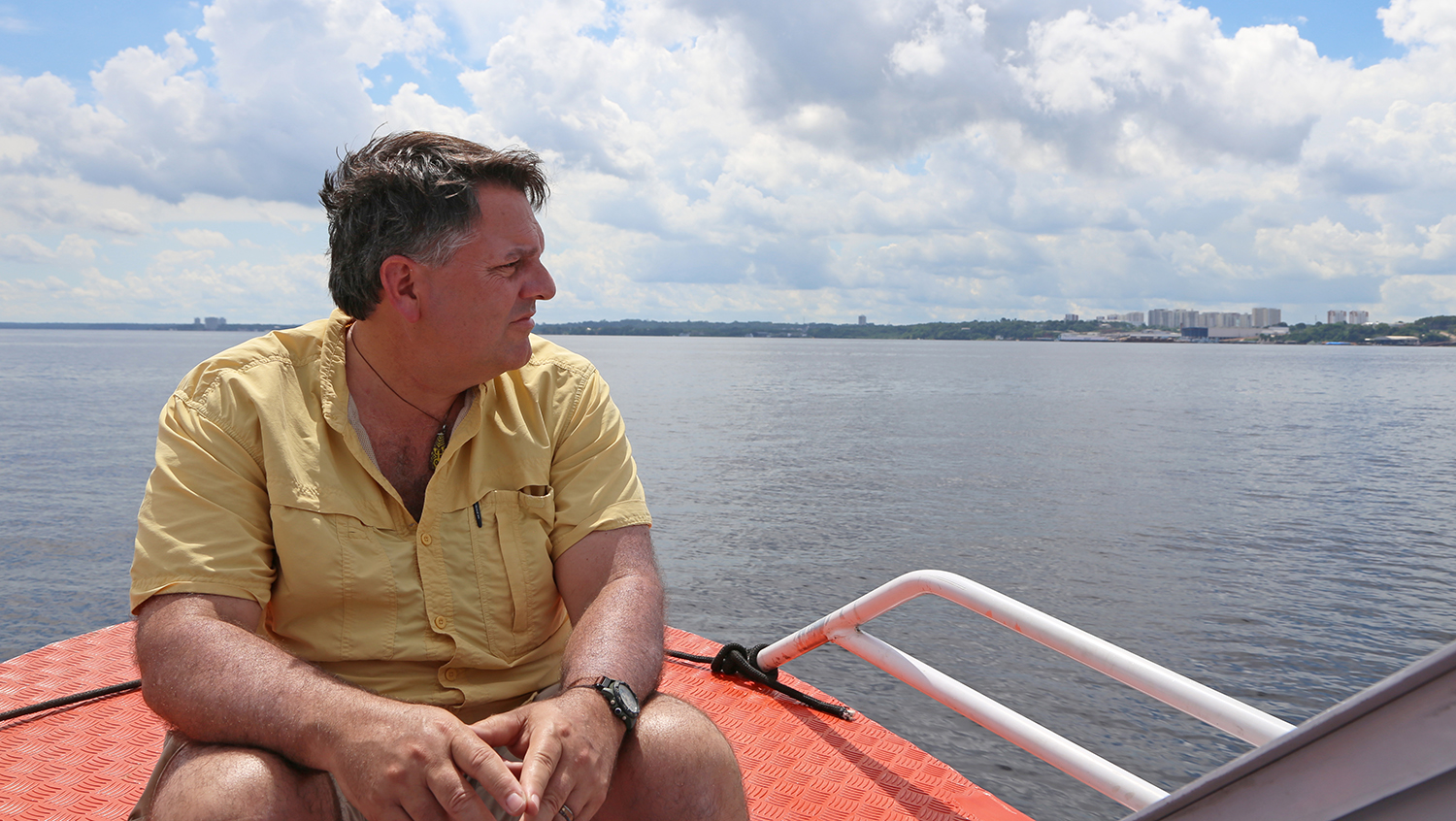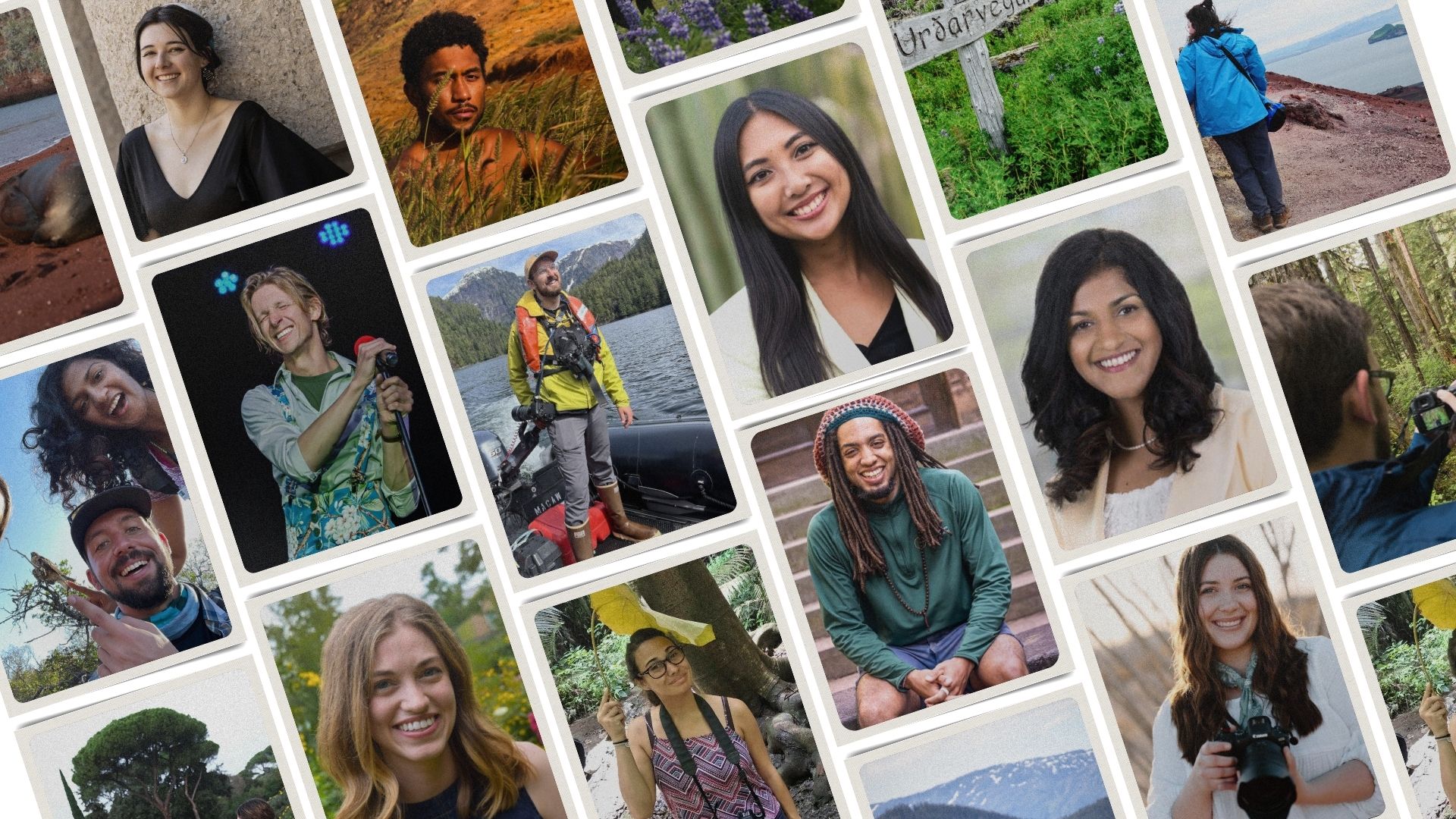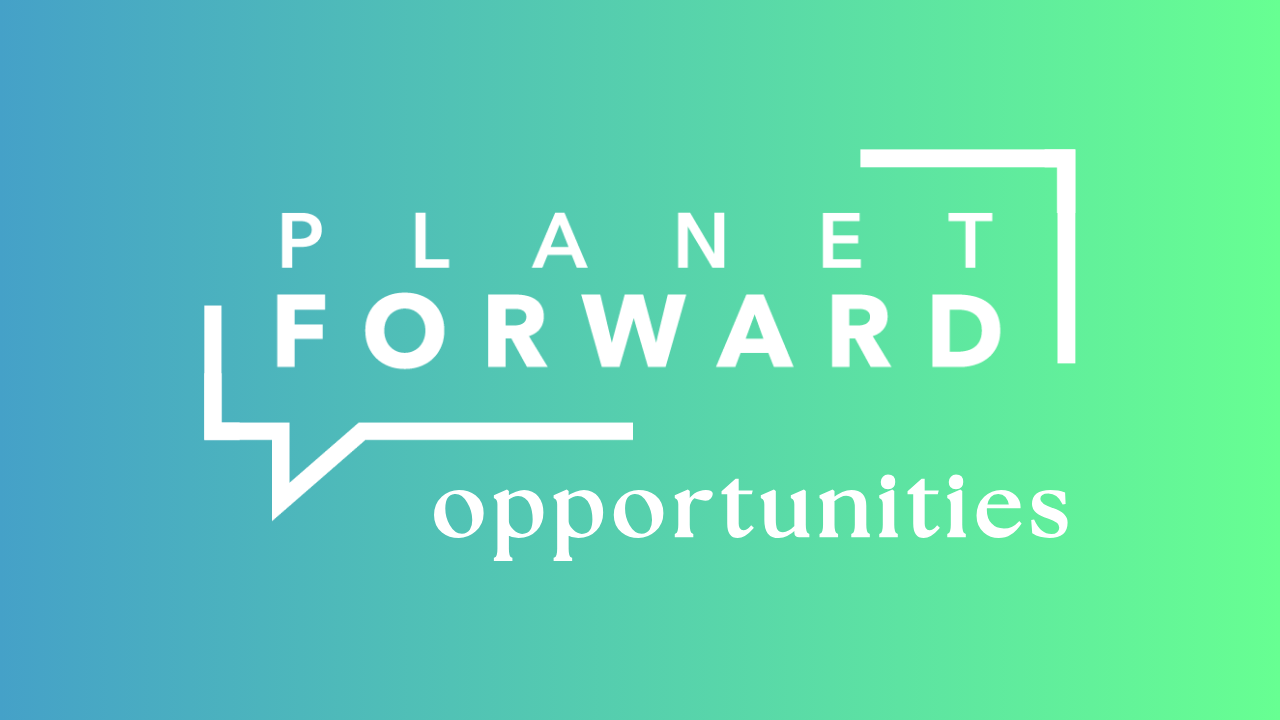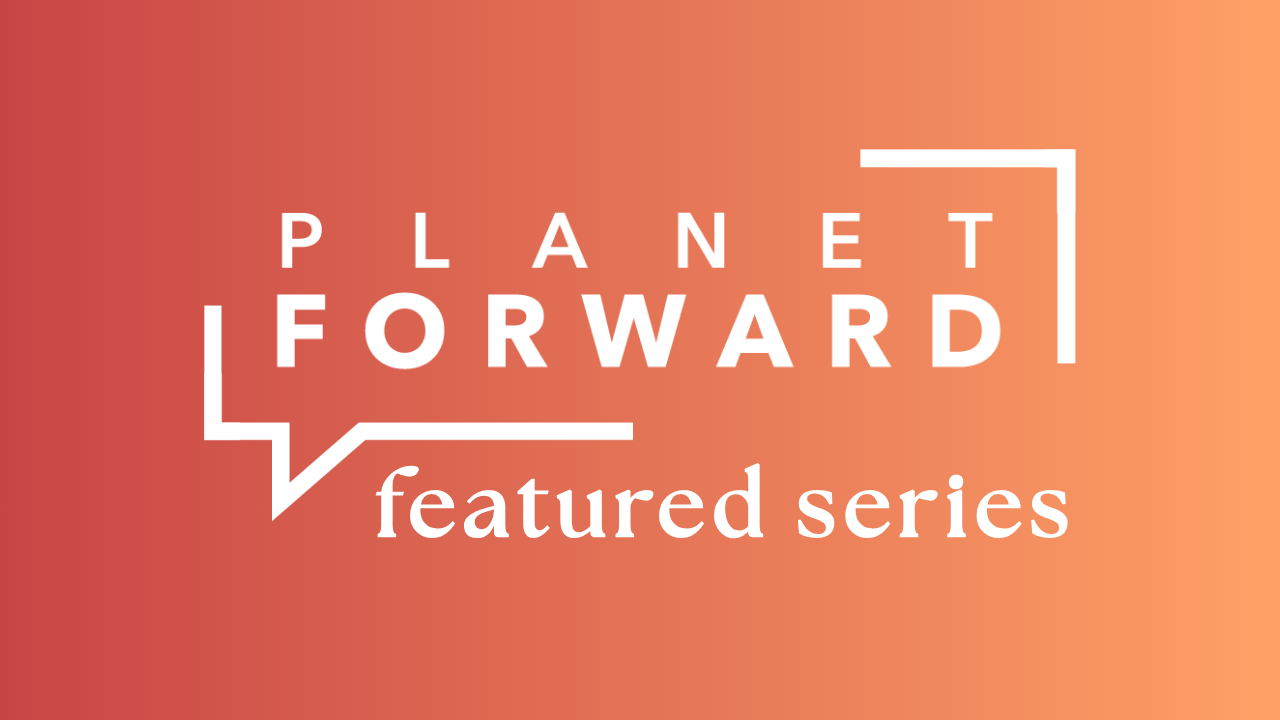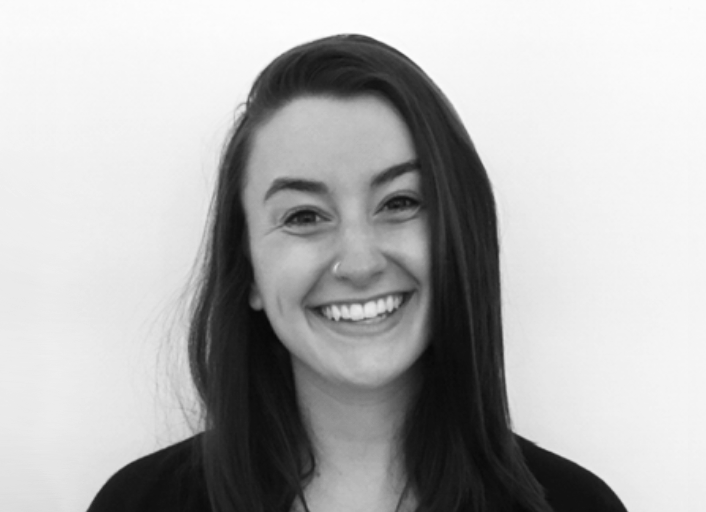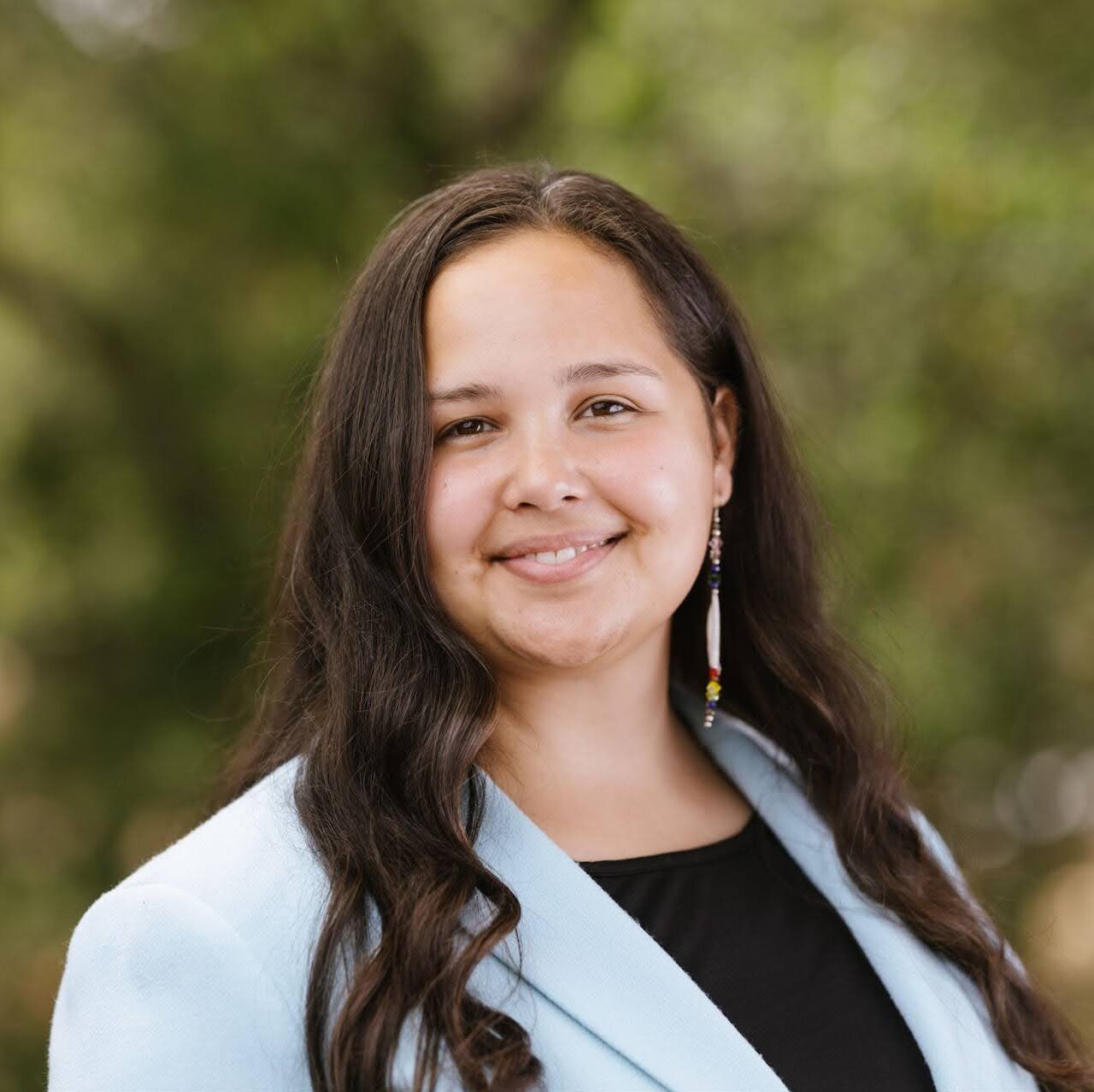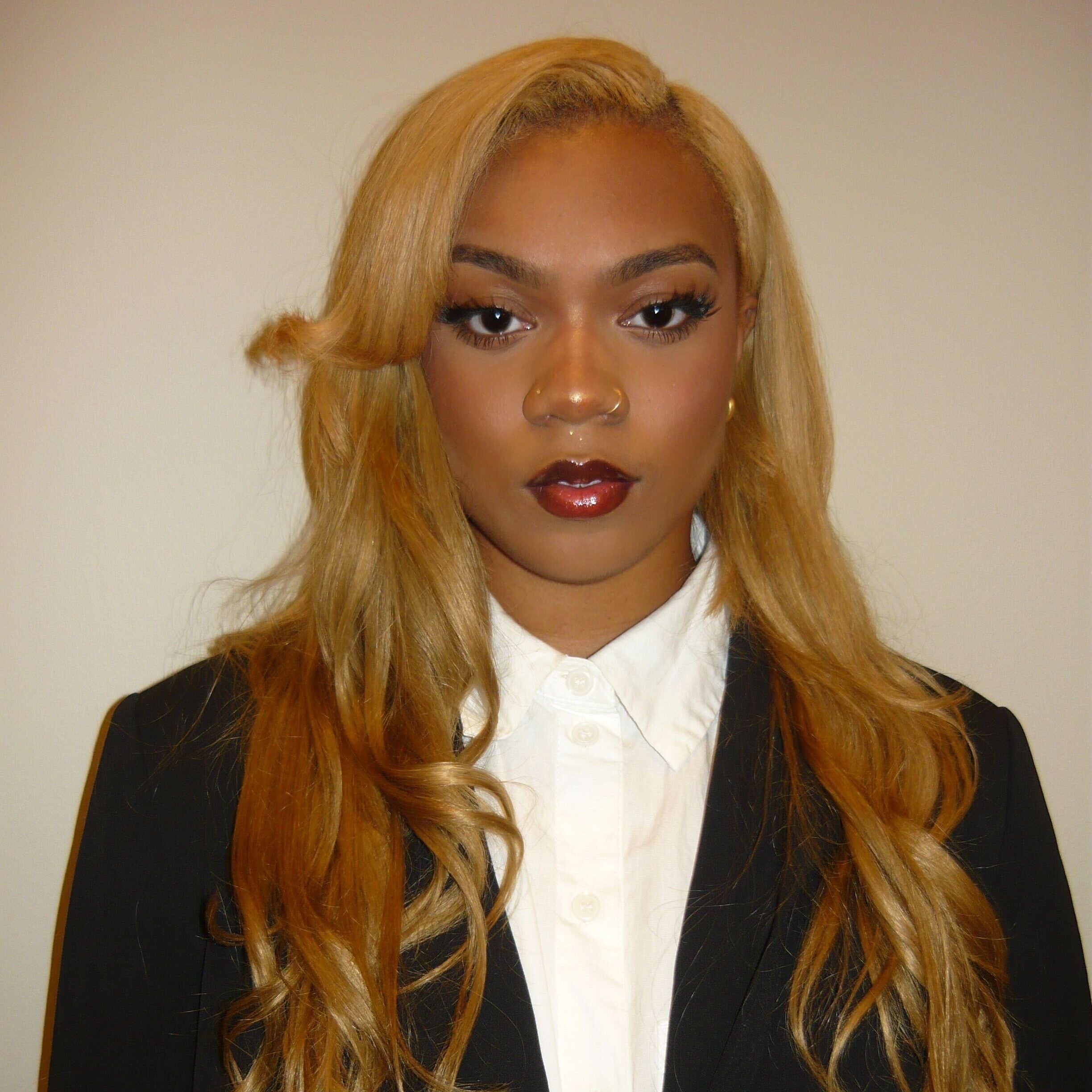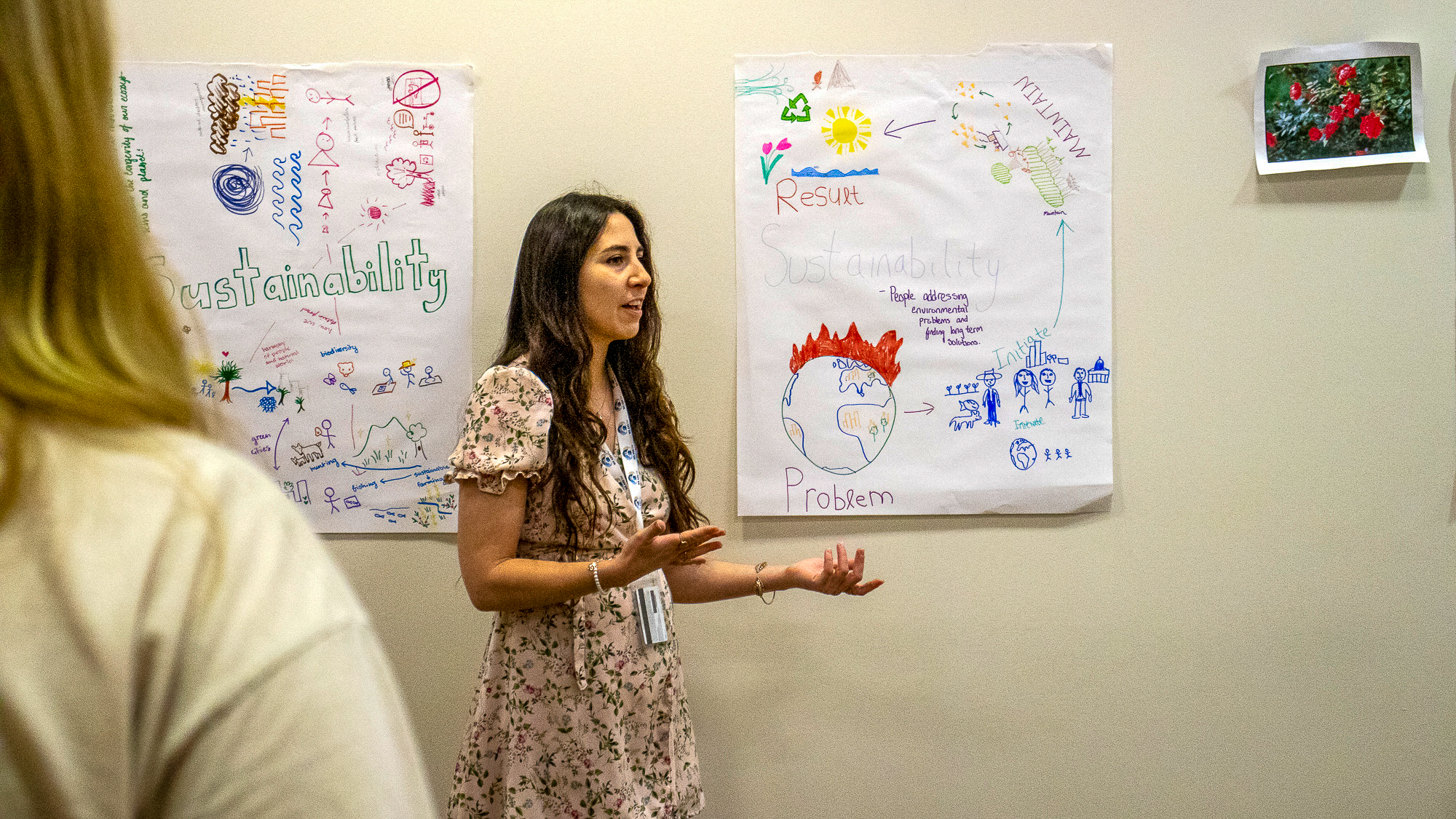Mark Lichtenstein is the Chief of Staff and Chief Sustainability Officer at the State University of New York College of Environmental Science and Forestry (SUNY-ESF) in Syracuse, New York. He attended Syracuse University and SUNY-ESF, and worked for a while in the construction field before holding an environmental job with Oswego County for 16 years. With Oswego County, he started their first recycling program and continued to oversee solid waste management throughout the county. He then worked at Syracuse University in 2005 to lead their Environmental Finance Center. Lichtenstein decided to come work at SUNY-ESF three and a half years ago, because he resonated with then-President Quentin Wheeler’s vision for the school. SUNY-ESF now has a new interim president, but Mark is glad he made the move, and he is helping with the transition.
Lichtenstein recently sat down with us to talk about his work with ESF and his thoughts on sustainability. Our conversation was edited for clarity and space.
Q: What does sustainability mean to you?
A: You know, when you ask that question, the first thing that came to mind are my grandkids. It is really about leaving this place better for them so that they have promise. That their future has promise. I believe it is our obligation to be stewards of this place, wise stewards of this place, but to leave it better than it was when we first came here… for me, sustainability is making sure that the environment is sound enough that life as we know it now can continue to prosper, and that includes human life. And sustainability is about being resilient and it’s about regenerating. So how can we regenerate communities? How can we make our communities even better than they are today? And that really is the human factor.
Q: Could you talk about the goals that the SUNY Chancellor has for sustainability of all the SUNY campuses?
A: Sure. Those goals are not in place yet. We have a draft set of goals that… a group of us produced from a number of different SUNY institutions, and presented to the Chancellor for potential adoption by the Chancellor to all of SUNY, which is 64 campuses. This was only shared with her about 4 months ago and they have not (yet) been adopted. There still needs to be a lot of discussion around them to make sure that they’re really viable. We started with a document that was a menu-item list of things to choose from. They have to be phased; a lot of things in there are not going to happen overnight and really relate to major cultural and policy shifts that have to take place. It’s just like the challenges we face here at ESF with sustainability: You try to tackle the low-hanging fruit first, those things that are easily achievable, start to show some results with those things, get people to buy into it. Then start to take on the more difficult things. And that’s, I think, where SUNY is. Having said that, that SUNY does not have formal sustainability goals, we DO have a Chancellor that is all about sustainability. How can we help SUNY with what we know, and how can they help us as we try to accelerate more on that sustainability paradigm?=
Q: So what do you see as ESF’s biggest sustainability goal right now?
A: Well, the college operations need to be more sustainable. We need to get to 100% renewable energy… So operations, waste, waste management, recycling, there’s a lot to do. More sustainable grounds, and grounds-keeping. We still use quite a few chemicals, and we still use gasoline-powered lawn mowers; I’d like to see us move to plug-ins and things like that. So those are all obvious things. Those are things we need to do on the operations side. But I would say we don’t spend enough time on the social equity piece of sustainability. We have accessibility issues for a lot of our facilities—those students and staff and faculty that are less than fully abled— if we have one of our elevators go down, which happens constantly.
Gender inclusive spaces, such as bathrooms. We’re making progress, but there’s so much more that we can do. The whole social equity piece is really critical, and when people think about sustainability, they don’t think about that. But I’m working very close with our chief diversity officer, our Title IX officer. I think there are gender inequality issues here still, big time across the board: student, staff, and faculty. That’s a huge focus for us. And that might not be something that we get credit for, and points in our sustainable tracking rating system. But that’s not what you do this for. Sustainability is about people. That’s when you asked me about my vision of sustainability, it’s really about people and creating a more equitable space for people.
Q: While I do think ESF has a long way to go in terms of sustainability, I think about universities across the country that don’t even think about sustainability at all. I was wondering if you had any advice for those types of universities.
A: We have an obligation, I think, to do exactly what you’re implying here. And that is to help others come along, particularly schools that may not have any kind of environmental focus at all. We need to take Christina Johnson, our Chancellor, and we need to figure out how to spread her message and engage with others on her message from other academic institutions. Because here’s a person who has undeniable qualifications that nobody can contend. And if somebody from that stature is out there talking about this, that’s critically important. So that’s why I think if we can get these sustainability goals in place for SUNY, and start in New York State. Start to impact the rest of the institutions in New York state that aren’t doing much in this area. Then start to position SUNY, the largest public institution of its kind in the country as an example. And it can influence everything. So yes, we need to do work to help others. And that’s what I’m excited about.
How do you move the planet forward?
Submit Story
